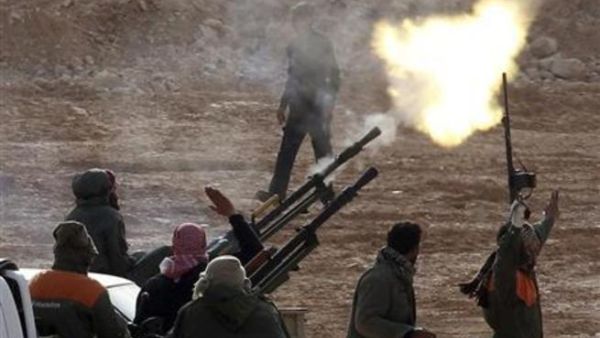With the impending demise of Colonel Moammer Gadaffi's former regime and allies, who controlled the country for the last 42 years, the new Libyan government will need to restore stability, organization, security and commence reconstruction.
Western countries concerned for Libya want reconstruction operations to be self-funded. A lot of important figures and powers, both inside and outside Libya, are seeking to play a major role in the process of restoring Libyan money from outside, by getting frozen assets released and continuing oil exportation.
David Hartwell, Middle East analyst of IHS Janes, says that "planning for the post-war phase is not usually accompanied with the planning for the conflict itself, therefore a lot of work needs to be done".
The current events in Libya have overshadowed the decline in development, which had a negative impact on the Libyan people. Libyans living in the Eastern part of the country, especially feel dissatisfaction in all aspects of living. As such, infrastructure and development reform must be broad and thorough to include all damaged parts of the Libyan country.
Ahmed Al Jahani, an NTC representative, stressed in a statement to Reuters that "Currently we are concentrating on the stabilization of security, providing services and humanitarian support". He added "When the government is sound, the economy will also be sound, therefore we need to concentrate and complete these things, and then we can move on to rehabilitation". He expects "efforts to restore the infrastructure of oil and other industries to normal will take around 9 months". (Source: www.yallafinance.com)







